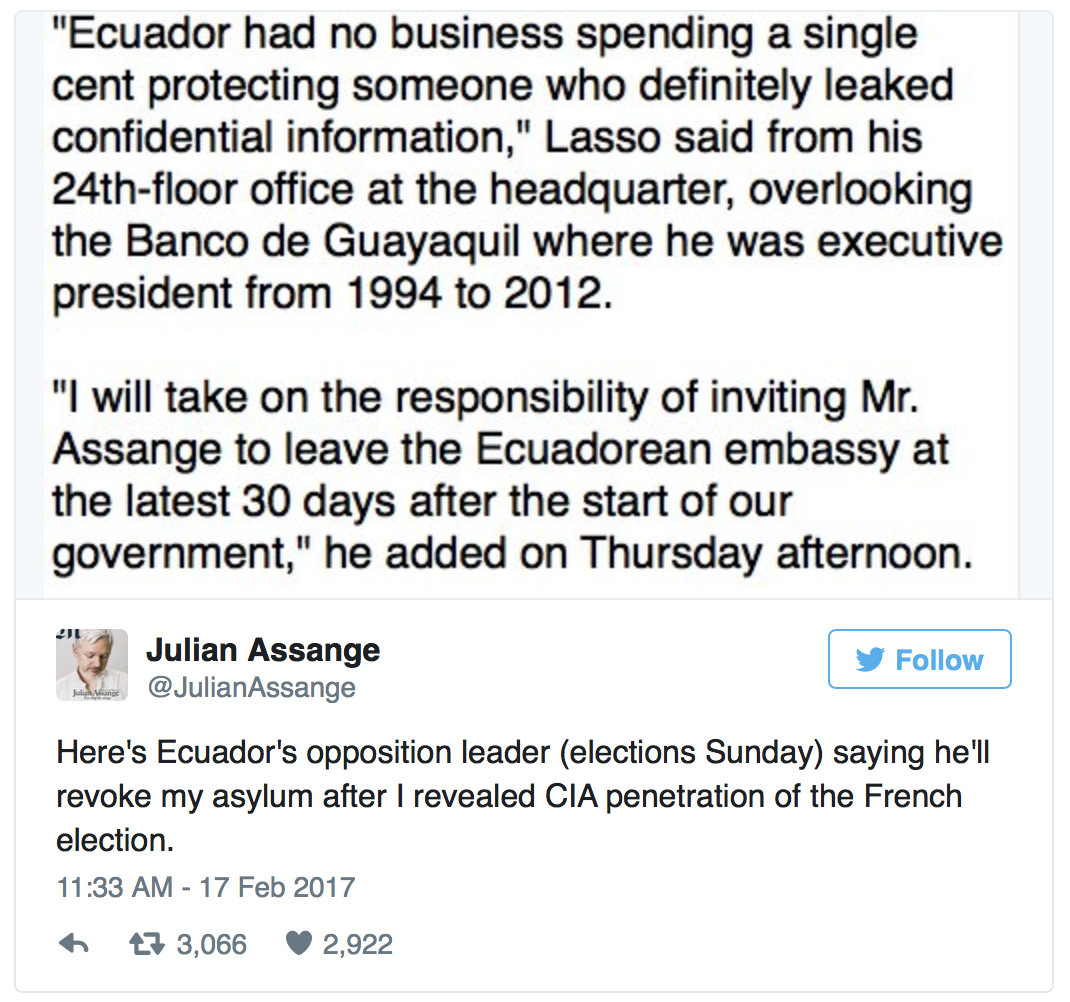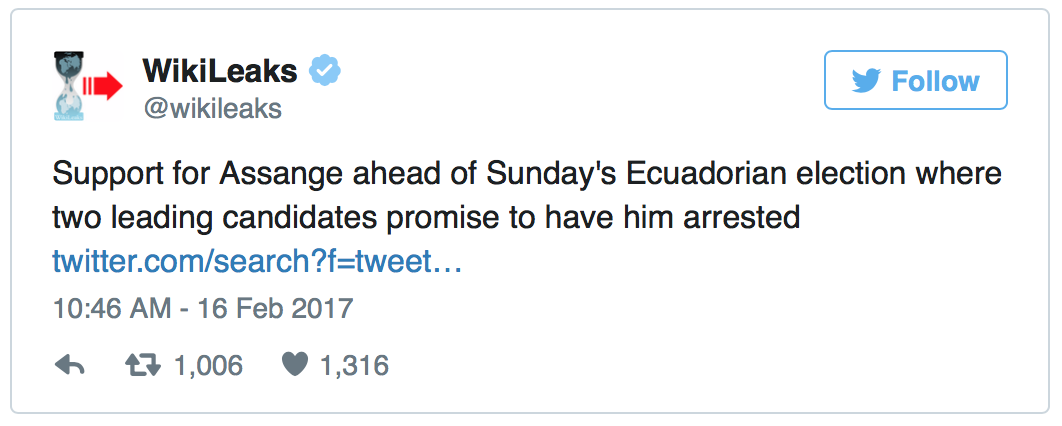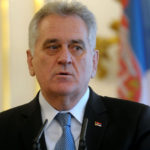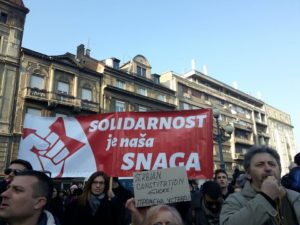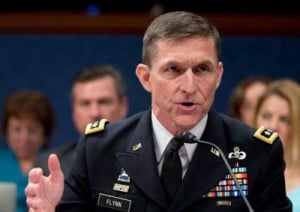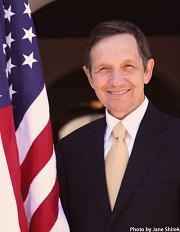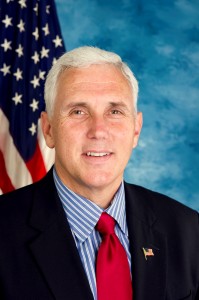Damascus-SANA-President Bashar al-Assad affirmed that victory in Aleppo is an important step in the way to defeat and to eliminate the terrorism from our country, adding “we don’t think that we can talk about winning the war unless we defeat the terrorists everywhere in Syria.”
The president added in an interview given to French TF1 TV and EUROPE 1 Radio that the west supported terrorists in Syria under the name of “moderate,” but it was supporting the same basis of al-Qaeda and ISIS.
following is the full text of the interview:
Journalist: President Bashar al-Assad, thank for accepting this encounter with TF1 and with Europe 1 here in Damascus. We’re going to speak about the future of Syria, about the war on terror, about the recent gains and support that you can count on, as well as the heavy accusations you’re still facing.
Journalist: Good morning, Mr. President, bonjour monsieur le président.
President Assad: Good morning.

Question 1: A simple question to start with: after the fall of Aleppo two months ago, can one say that you have won the war?
President Assad: No, we don’t think that we can talk about winning the war unless we defeat the terrorists everywhere in Syria. It’s just an important step in the way to defeat and to eliminate the terrorism from our country, but I think it’s going to be a long way for one reason, a simple reason; because they still have the support of many Western countries including France, including UK, including Turkey and Saudi Arabia and Qatar in our region.
Question 2: You talk about a long way; can you summarize from a military point of view the objectives that you have still to reach?
President Assad: Definitely, when I talk about eliminating the terrorists from our country, it means to take over every inch of our country, to bring it back under the control of the government, and that’s the duty of any government; is to take control of every place.
Question 3: In which part of Syria particularly, which town?
President Assad: You mean next after Aleppo?
Journalist: Yes.
President Assad: Of course, now you have to, and we are, we continue our campaign in the area surrounding Aleppo, just to make Aleppo more immune against any other terrorist attacks from the western and northern part that’s been supported by Turkey directly, by the Turkish army.
Question 4: But the next step is Idleb? This is what people say; next big battle will be Idleb.
President Assad: Could be Idleb, could be Raqqa, could be anywhere. Now, it depends on the situation on daily basis, because you change your plans. So, we didn’t put that plan before finishing Aleppo as city and rural area. So, it’s still early to talk about which is next. That depends on the development of the battles in the different areas.
Question 5: But the situation is far better off now for you as it used to be, militarily speaking.
President Assad: Of course, every place you can liberate from the terrorists means the situation is better, but it’s not enough for us.
Question 6: Sir, for France, the main terrorist threat is Daesh, there’s no question about this. For you, all armed groups, or most of them, are terrorists. Why is Daesh not a specific threat for you?
President Assad: Let me answer you about two points: the first one, it’s not for us, when we say they are terrorists, not for us as government; it’s for the law, and for the international law. Whoever carries a machinegun in my country or in your country and starts killing people and destroying properties is a terrorist. This is an international concept, so it’s not for us. For us, whoever wants to give up his armament is not a terrorist anymore, according to the law. But if you talk about Daesh, I think when you say that the French people or the Europeans worry about Daesh, I think this is misunderstanding of the situation; Daesh is a product, it’s not the problem. The problem is the ideology of Daesh, which is the same for al-Nusra, the same for many other organizations, like-minded organizations in Syria, and maybe in Libya or any other country. So, you should be worried about those terrorists; they don’t care about being ISIS or al-Nusra, they implement what their ideology is telling them to do, mainly terrorist acts.
Question 7: So, there’s no difference between Daesh and the other groups?
President Assad: Definitely, in Syria the grassroots are the same; the same people who were in ISIS were before in al-Nusra, now they are moving from organization to organization, because it’s the same ideology: it’s Wahabi ideology, this is the source of this terrorism.
Question 8: This is the same enemy for you, all the terrorists are the same?
President Assad: Yeah, of course, according to the law, not for me. As I said, according to the law and the international law, no-one has the right to hold armaments except the army and the police in any country. I think the same in France, unless I’m wrong, you can tell me, but that’s what I think, everywhere in the world.
Question 9: So, Raqqa, which is the heartland of Daesh, where the terror attacks in France were prepared, Raqqa is not a priority target for you?
President Assad: No, again, they’re not necessarily prepared in Raqqa. Raqqa is a symbol of ISIS.
Journalist: It’s a symbol.
President Assad: You have ISIS close to Damascus, you have them everywhere, you have them in Palmyra now, you have them in the eastern part of Syria, so no, it’s not about al-Raqqa; everywhere is a priority, depending on the development of the battle, but for us all the same: Raqqa, Palmyra, Idleb; all the same.
Question 10: Sir, you present yourself as the main shield against terrorism. There’s a lot of people, in the West in particular, would think that ISIS on the one hand and your regime on the other hand are the two sides, the two faces of a same evil trying to crush any form of democratic and free expression in this country. What would you answer to them? It’s a real question.
President Assad: First of all, we’re not a regime; we are a state, institutions. Second one, that’s the demonization of the Western mainstream media and political strata regarding Syria and the Syrian government and Syrian army, because they supported those “moderates” at the very beginning, and at the beginning they said they are “peaceful demonstrators,” then they said “they’re not peaceful, they are fighters but they are moderate,” but they couldn’t recognize that they were supporting the same grassroots of Al Qaeda and ISIS. That’s why they say that we are trying to promote those terrorists and to use them as alternative so the West cannot choose. First of all, the West doesn’t have to choose between me and ISIS: my people have to choose, because this is a Syrian issue, to be frank with you. So, we don’t care about what the Western officials think about this; they have to worry about their people and to protect their people from the terrorist attacks that’s been happening because of their policies.
Question 11: Sir, of course we are extremely shocked, particularly in France, by the horror of terrorism, but we are also horrified by a report from Amnesty International released a few days ago, last week. It’s about the prison of Sednaya. It’s not far from here, not far from Damas. 13,000 executed prisoners, massive hangings, torture. Amnesty speaks – I read the report – of a place where the Syrian state silently slaughters its own people, the Syrian state, your government. Mr. President, is everything permitted in order to win the war? Can you do everything that you want?
President Assad: No, everything legal. You cannot do anything…
Journalist: But according to Amnesty report, seems to be illegal.
President Assad: No. There’s difference between me and you talking about facts in this… in Syria, or talking about allegations. If you want to talk about allegations, we can spend the time talking about allegations, never-ending allegations. Anyone can say whatever he wants, and we can discuss it, but in that case, we’re not going to talk about facts. But if you want to talk about Amnesty, because Amnesty is known around the world, it’s shameful for such an organization to build a report on allegations. If you take any allegations to a court in your country, you have court, you have judicial system, could they take any decision regarding allegations, or they have to look for the evidence? This report is built on allegations, not a single shred of documents, not a single evidence. They didn’t say 13,000; they said between 5,000 and 13, which is double and half the number, it means it’s not precise. There’s no mentioning of names, of anyone who is from the victims; only 36 out of those thousands, and there are many flaws. They said, for example, the Grand Mufti is endorsing the execution. The religious figures in Syria has nothing to do with any judicial process. The execution in Syria is legal, it’s part of the law since the independence, so the government can execute anyone legally; why to do it illegally?
Journalist: You can tell us that there’s no torture in the prison of Sednaya as Amnesty said?
President Assad: The question is torture for what? I mean, if you want to say that we are committing torture, for what? What do I get? Why? Just for sadism? We are sadists? What is it for? I mean, to get information? We have all the information, so we don’t use it, it’s not our policy, because for a simple reason: if we commit such atrocities, it’s going to play into the hands of the terrorists, they’re going to win. It’s about winning the hearts of the Syrian people. If we committed such atrocities at any stage of this conflict, we wouldn’t have the support after six years. It’s a very simple fact. But again, if you go back to the reports, reports should be built on fact. There’s not a single fact in that report, and they have to prove it, they cannot.
Question 12: But Amnesty is suggesting to send international observers to the detention centers in Syria, to get some proof, or to prove that you’re right, and that there’s no crime being committed. What’s your answer to this proposal?
President Assad: I think we need an investigation on the Amnesty itself, when they adopt a report based on allegations. This is a shame, shame on such an organization that has never been impartial, it’s always biased.
Journalist: Testimonies of former guards and prisoners?
President Assad: It’s about the sovereignty. If you have allegations every day and reports every day, you can spend the time receiving delegations. Would you accept now, if you ask your government, to send a Syrian delegation to investigate why your army, through Sarkozy and later Hollande, attacked the Libyans and killed tens or hundreds of thousands? Can we go investigate the money that Sarkozy got from the Libyan leader? It’s a matter of sovereignty. No, we’re not going to allow Amnesty to be here, for any reason. I’m not talking about that report, but you have to – as mainstream media – investigate; that report is based on what? Just allegations? You don’t take it seriously.
Journalist: So, your answer is no to the visit of international observers.
President Assad: Definitely, no, no. We don’t care about such a childish report based on nothing, just allegations. And they said they interviewed a few witnesses who are opposition and defected, so it’s a biased report.
Question 13: But you acknowledge that there are some executions, numerous executions, official, legal executions in Syria, going on.
President Assad: Since the independence, you have it, since the independence. It’s part of the Syrian law, execution, if there’s a killing act, there is execution. So, it’s not about the crisis, not about that report, it’s not about that prison. You have legal ways to do it, and it’s a judicial way.
Question 14: Sir, let’s talk about relation between France and Syria. In a few weeks from now, a new president will be elected in France, and among the debates we have in our country there is the issue of resuming dialogue with your government. Do you hope for the renewal of diplomatic relations with France?
President Assad: It’s not about the diplomatic relations. First of all, it’s about the policy of France. So, if we don’t have this diplomatic relation, it’s not that big problem for the time being now. Maybe in the long-term, you need to have good relations with any country, including diplomatic relations.
Journalist: So, let’s talk about the policy of France.
President Assad: Exactly. The policy of France, that started from day one, to support the terrorists in Syria, and is responsible directly of the killings in our country.
Journalist: How can you say it… it’s a serious accusation against France. How can you say that France is supporting terrorism?
President Assad: They said, I didn’t accuse them. They said, many times, they supported the war, and Hollande recently said it was a mistake not to launch war in 2013. They said that they send armaments to whom they call “moderate” groups, which are terrorists. They said that, I didn’t say. The Americans said the same, the French said the same. So, your officials – go back to their statements during the last two, three, four years, maybe – you have more than one self-accusation by the French officials.
Question 15: Francois Hollande is about to leave the power in France. You’re still there. Did you win your struggle, your arm-wrestling with Francois Hollande?
President Assad: It’s not between me and him, it’s not something personal, I never met him, I don’t care about him, to be frank, and his popularity is 11 percent recently, which is rock-bottom, I think, for any president in the history of France. Actually, it’s between me and the terrorists, and between me and whoever supports the terrorists. Till this moment, the terrorists couldn’t win the war, but they’ve been destroying Syria, they killed hundreds of thousands of Syrians, so I cannot say I won the war. They didn’t succeed in their plan, but till this moment we haven’t finished our war, so I cannot say that I won the war.
Question 16: Do you have any contacts… do you follow, first of all the French political campaign, the presidential campaign going on right now?
President Assad: We follow it in general, not in details, because we don’t bet on the Western elections for one reason, a simple reason; that we don’t take the Western officials at their word during the campaign, because they say something for the voters, not for the sake of the country, for the voters to go and vote. This is reality, I’m being frank with you.
Question 17: Sir, you see, even the difference between the right wing and the left wing in France considering relation with Syria, you see a difference?
President Assad: Yes, you can feel it, but at the end whoever becomes president, what’s his policy going to be? The same as we used to see it as rhetoric before the elections, or what? That’s the question. So, it’s not something you bet on. Of course, you prefer somebody who doesn’t take the position of warmonger, you prefer it, but you don’t know…
Journalist: For example, who do you think, who is the best one who doesn’t want war?
President Assad: We don’t see any big difference now, but again, I wouldn’t bet on their rhetoric. Regarding rhetoric, there’s no big difference.
Question 18: And do you have some contacts with some of the candidates? None of them?
President Assad: No, we don’t have any contacts with any of them.
Journalist: And with intelligence service?
President Assad: In some cases, we had some indirect contacts.
Journalist: With French intelligence service?
President Assad: Yes.
Journalist: You personally, you have contact with intelligence service?
President Assad: Actually, in one of the delegations that came to Syria, it was parliamentarian, one from the intelligence was part of the delegation. So, it’s involved. Of course, the French government said “they are parliamentary delegation, we’re not involved, we don’t agree,” which is not true. Of course, we have so many channels.
Question 19: A country already changed its president; that is the United States. One of the first contested decisions of Donald Trump is the Muslim ban. It intended to forbid citizens from some Muslim countries, including Syria, to travel to US. As a Syrian citizen, as president of Syria, do you feel some humiliation there?
President Assad: No, no, because it’s not against the Syrian people, first of all, it’s against the terrorists that could infiltrate some of the immigrants to the West, and that happened; happened in Europe, mainly in Germany, and it could happen in the United States. So, I think the aim of Trump is to prevent those people from coming, so he took it this way. Second…
Journalist: So, he’s in the right way, when he…
President Assad: No, no, I’m talking about something we can disagree or agree on as persons, but for me as president, I wouldn’t worry about that. I’m worried about how can I bring the Syrian people to Syria, not to send them to the United States. I wouldn’t feel happy if they could access other countries, I will feel happy when they can come back to Syria, because they want to come back to Syria, the majority of the Syrians left because of the terrorism and the embargo, the Western embargo. So, if I want to deal with that decision, I would ask Trump and the Western countries to lift the embargo and to stop supporting the terrorists. They wouldn’t have problem with this. They won’t have immigrants or terrorists infiltrating the immigrants. Second, this is another important point, all the fuss that we heard about Trump’s decisions is not because they are worried about the Syrians or about any other countries; it’s because they want to use our cause, our problem, our conflict, as the fuel for their conflict with Trump, because you have other decisions that have been taken by Obama few months ago regarding the same issue, the mainstream media in the United States didn’t talk about it; it only talked about Trump when he announced it publicly and he took it in a stark way.
Question 20: So, you feel more comfortable, you, with Donald Trump than with Mr. Barack Obama?
President Assad: No, I cannot feel comfortable unless I see his policy towards Syria; I haven’t seen it yet. So, again we have to be cautious with every Western leader because they can say something and do the opposite, and then they can say something… do something in the morning and do the opposite in the evening. They wouldn’t commit to anything; they are very pragmatic till they sell their values, they don’t have values in their policies.
Question 21: But at least there is one thing that didn’t change so far, is this sort of disengagement of the US from the region, this is pretty obvious. A second round of negotiations is starting now in Astana, in Kazakhstan, and it’s very striking; the Western countries are totally out of the game, they’re out of the picture. Is this really good for the future of the negotiations and the future of peace in the region?
President Assad: No, the more support you have for any political process, the better, but the Western countries that been involved in those processes, mainly France and UK, lost the chance of achieving anything in Geneva, twice; two rounds in Geneva and they couldn’t achieve anything because they supported those groups that represented the terrorists against the government. They didn’t want to achieve peace in Syria; they wanted to achieve their goals through the peace axis of the whole process.
Question 22: But the fact that the destiny of the Middle East is supervised right now by two countries, Iran and Russia, that by the way don’t have a fantastic democratic record of their own, is that a good thing?
President Assad: Again, the more involvement you have around the world, the better, and that’s not only our vision; that’s even the Russian vision, and the Russians invited many countries to come and help them in fighting terrorism and supporting this political process, but the Western countries isolated themselves, not Iran, not Russia. They were very passive in dealing with all these initiatives, like Astana; where are they? Did the Russians tell them not to come? No, they didn’t. They didn’t come.
Journalist: So, Iran and Russia are promoters of peace, and the Western countries of war?
President Assad: Exactly, a hundred percent, hundred percent.
Question 23: Let’s continue to talk about Russia. Would you say that Vladimir Putin is finally the real decision-maker in the region and even in your country, in Syria?
President Assad: No, no, he’s not. We are the decision-maker regarding Syria. Regarding other countries, I cannot talk on behalf of the others. They respect our sovereignty; every step they took, whether strategic step or tactical step, it was in cooperation with Syria. They never did take a single step without us. They base their politics on values and on their interests, especially regarding fighting terrorism. So, no, it’s our decision.
Question 24: But would you say that without Russia, your government would have collapsed a long time ago?
President Assad: This is a hypothetical question; nobody can tell you about the war because it’s in fluctuation. Of course, which is definite for everyone, that without the Russian support, it would have been worse. How much worse? I cannot tell you, no-one can tell you. Collapsed, withstood, I cannot tell you, but definitely, the Russian support was very crucial in order for ISIS and al-Nusra to re-shrink; because they were expanding after the American alliance started its attacks, cosmetic campaign in Syria, they were expanding till the Russians intervened, they started shrinking. This is reality. This is a fact.
Question 25: Are you stricken by the fact that a few years ago, most of the observers and analysts were saying that you wouldn’t last very long in power, and especially after Aleppo, now the possibility that you may stay is agreed by a large number of people. So, the question is, the question about you remaining in power, this is a question also in Astana in the negotiations. In our country, when a political man has a bad record, usually, usually he doesn’t stay in power very long time. After seventeen years in power, six years of war, three hundred thousand plus dead in this country, a destroyed and divided country, would you say from a moral perspective, not a legal one, a moral perspective, that this record allows you to remain in power, whatever the outcome of the negotiations might be?
President Assad: You know about that terrorists who committed the recent attacks in France last year, and then the police killed some of them, you know about that. What do you go to tell that policeman? Do you tell him you’re a killer or a savior? He killed. The same for a doctor who could take out a leg because there is gangrene in the leg. Would you tell him you committed atrocity, or you saved the life of the patient? So, it’s about the reason why you commit an act, this is first. And in our case, we were fighting the terrorists to protect the people. It’s not my point of view; it’s a duty according to the constitution and to the law. If I don’t do that, I would be the killer, because I will allow the terrorists to kill more Syrians in Syria, and that’s the duty of your army to protect the French, otherwise, they will say “no, we don’t do anything, because they call us a killer.”
Question 26: So, you would say eventually that you have done everything you could and you should for your country?
President Assad: What I could?Definitely. What I should? The Syrian people say, would say what I should have done, because we have different points of view. But regarding who’s going to say this is a bad record when you talk about the moral part of your question, it’s only related to the Syrian people, not the European officials to say this is bad record or good record. They were talking about “Assad must go,” now they don’t talk about “Assad must go.” I don’t care about either. I never cared about this, since the very beginning. I care about our war against the terrorism, about fighting their plans to destroy our country. That’s my worry since the beginning. That’s why it’s the same for me whatever they say. The record is a Syrian record, not a European record by any means.
Question 27: But when Syrian people can say if they approve or not your policy? We have election in France now, when is the next one in Syria?
President Assad: You have two means: the current means and the one that comes in the future at the end of the war. That time, you can talk about any means, whether you have ballot box, you have elections, you have anything. In the meantime, the people can have one means: either to support you or not. After six years of the war, if that president has bad record according to the Syrian people, why would they support him? A simple question: why do they have to support him? Why they didn’t they support the terrorists? And according to that question when you talk about three hundred thousand or four hundred thousand killed, and you talk about the president killing them, it’s like you’re giving the terrorists a certificate of good behavior because we are killing the people and they are protecting the people; Al Qaeda and al-Nusra and ISIS are protecting the people. So, this is the content of that question. Actually, no, we are fighting for the Syrian people. That’s why the Syrian people supported their government and their army and their president.
Journalist: Thank you Mr. President for receiving Europe 1 and TF1.
President Assad: Thank you very much for coming.
 The message is simple: here are people we can support; they are under attack by the brutal “regime”…shouldn’t we “do something” to stop it??!
The message is simple: here are people we can support; they are under attack by the brutal “regime”…shouldn’t we “do something” to stop it??!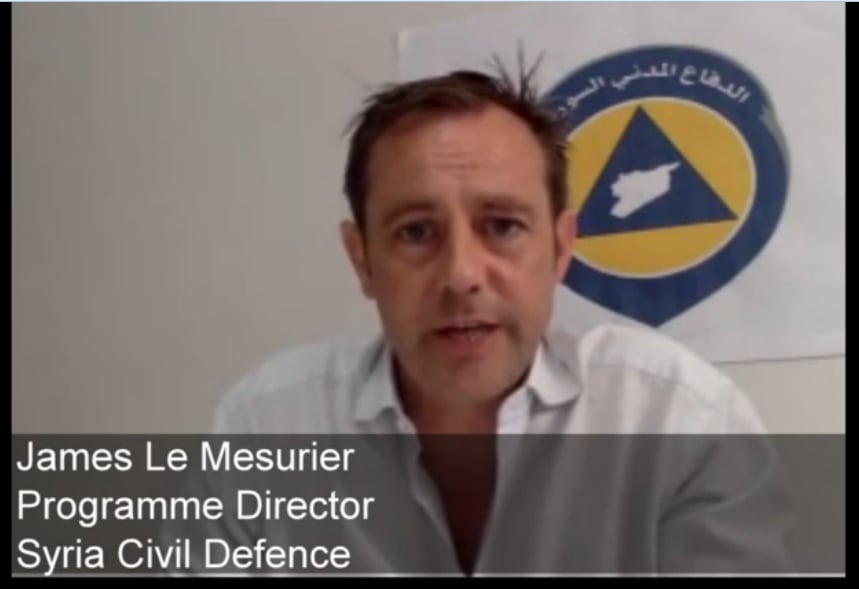


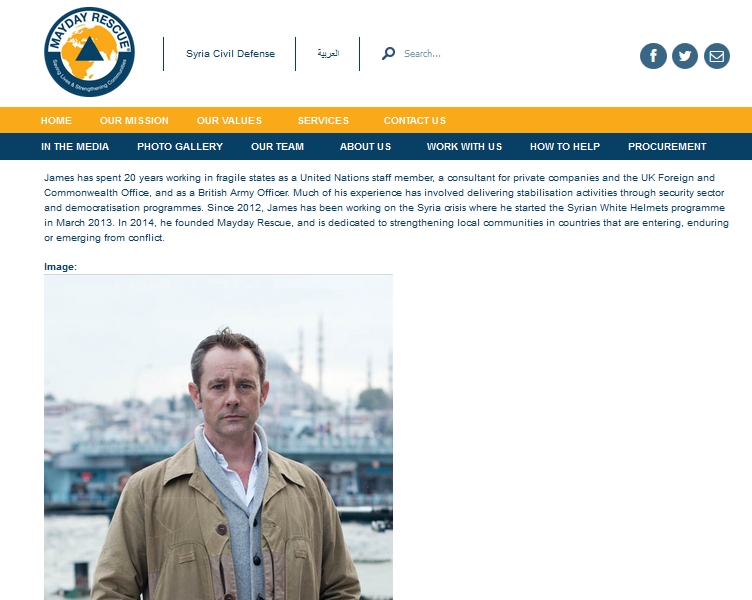


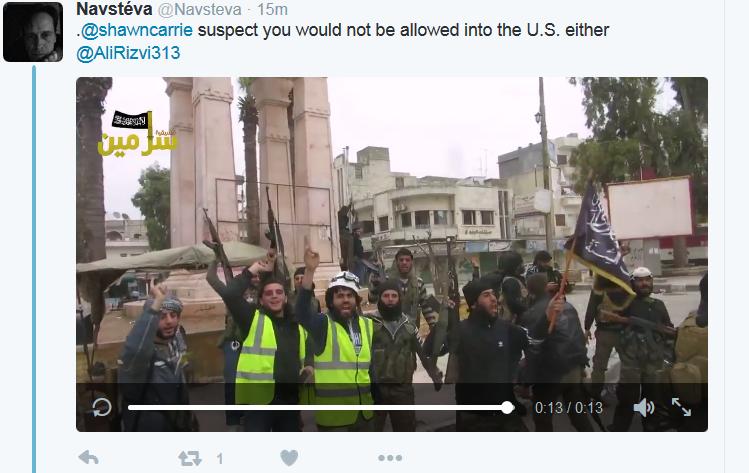

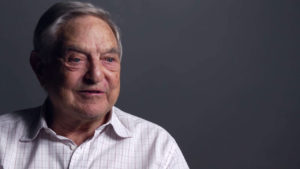
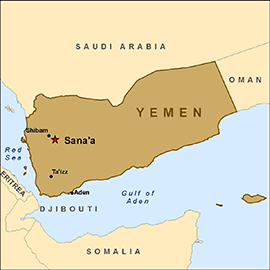
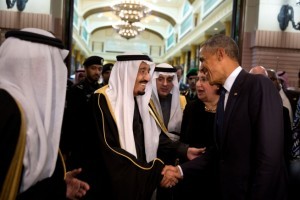









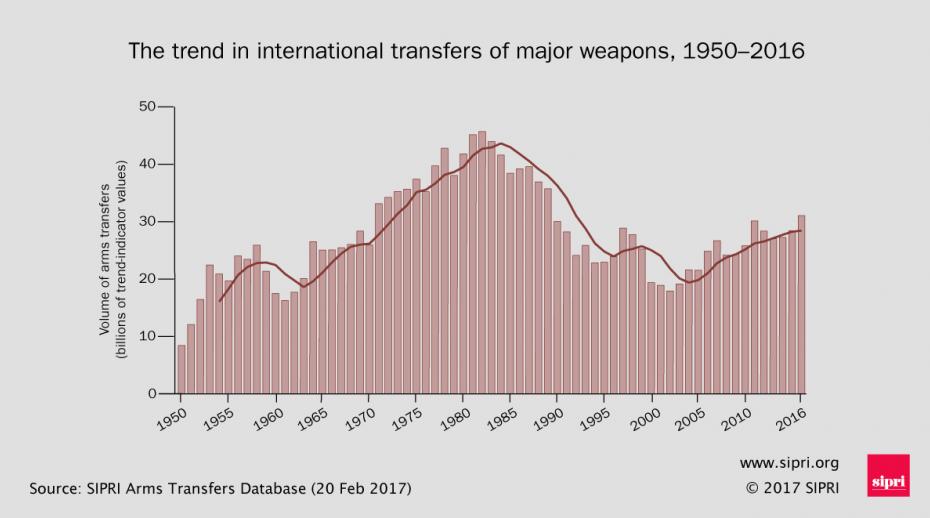




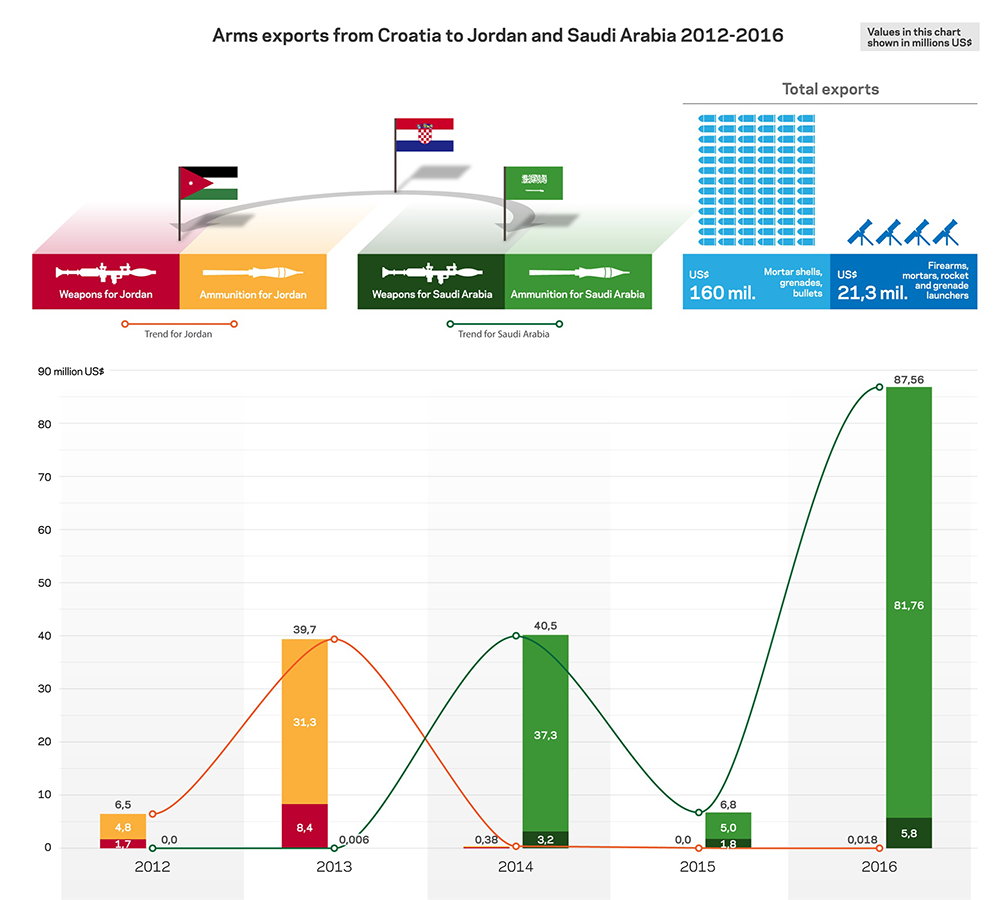



 Some stories are tragic, some heroic (and at the same time tragic), some little more than nostalgia, and others simply facts-on-the-ground. Some, like
Some stories are tragic, some heroic (and at the same time tragic), some little more than nostalgia, and others simply facts-on-the-ground. Some, like 





